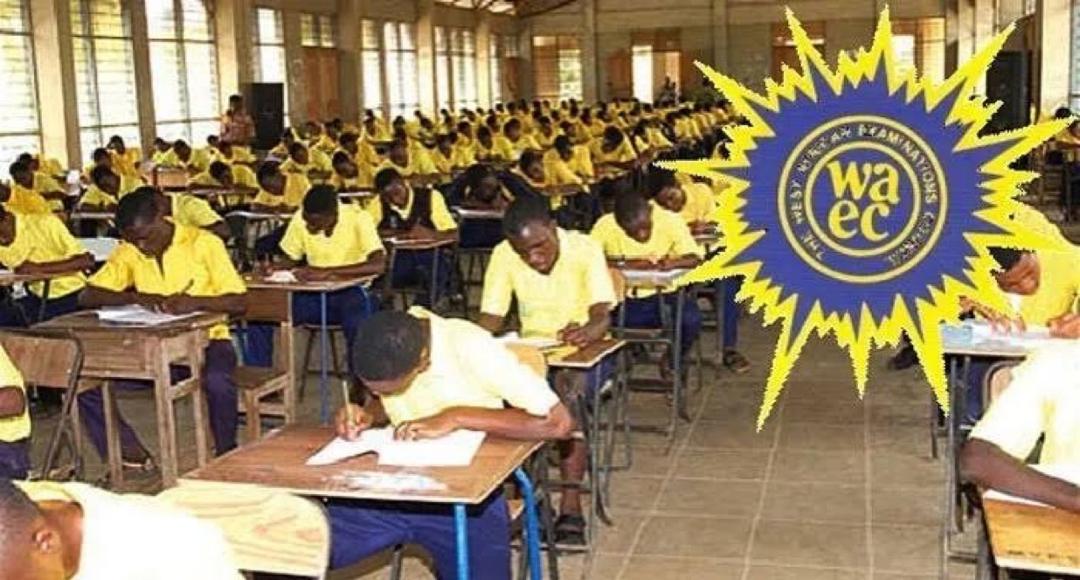In a significant development for students, educators, and stakeholders across West Africa, the West African Examinations Council (WAEC) has issued a heartfelt apology for the delayed commencement of the 2024 West African Senior School Certificate Examination (WASSCE). The delay, which sparked widespread discussion among candidates and parents, was attributed to the council’s intensified efforts to safeguard the examination process against malpractice and question paper leakage. This announcement, reported by Punch Newspapers on May 29, 2025, underscores WAEC’s commitment to maintaining the integrity of one of Africa’s most critical academic assessments.
The WASSCE, a pivotal examination for millions of secondary school students in Nigeria, Ghana, Sierra Leone, Liberia, and The Gambia, is a gateway to higher education and career opportunities. Each year, the examination tests candidates in a range of subjects, determining their eligibility for university admission and other post-secondary pursuits. Given its high stakes, WAEC has long faced challenges related to examination malpractice, including the leakage of question papers, which can undermine the credibility of results and erode public trust.
In its statement, WAEC Nigeria explained that the 2024 examination’s late start was a direct result of enhanced security protocols and last-minute quality control measures. These steps, while disruptive, were deemed essential to prevent the unauthorized dissemination of examination content. “We deeply regret the inconvenience caused to candidates, parents, and schools,” the council stated, emphasizing that the measures were implemented to “protect the sanctity of the examination process and ensure that results reflect the true abilities of candidates.”
While WAEC did not disclose specific details about potential leakage threats, sources indicate that the council introduced rigorous checks to secure question papers during their distribution to examination centers across the region. These checks likely involved cross-verifying the integrity of sealed question paper packages, enhancing monitoring at printing facilities, and tightening coordination with examination supervisors. Such measures, though time-consuming, are critical in an era where digital tools and social media platforms can facilitate the rapid spread of leaked materials.
The delay, which affected the scheduled start times of some examination sessions, caused understandable frustration among candidates who had prepared rigorously for the exams. Social media platforms, particularly X, buzzed with reactions from students and parents, many of whom expressed mixed feelings—acknowledging the importance of secure examinations while lamenting the stress caused by the disruption. One X user, a parent from Lagos, posted, “WAEC’s delay is tough on our kids, but I’d rather have a fair exam than one tainted by leaks. Let’s hope they get it right.”
Examination malpractice is a persistent challenge in West Africa’s education systems, with past incidents of leaked papers and cheating scandals making headlines. In recent years, WAEC has invested heavily in technology and process improvements to combat these issues. For instance, the council has explored encrypted digital distribution systems for question papers and increased surveillance at examination centers. The 2024 WASSCE delay reflects a continuation of these efforts, signaling WAEC’s zero-tolerance stance on malpractice.
The council’s proactive approach is particularly significant given the scale of the WASSCE. In Nigeria alone, over 1.8 million candidates reportedly registered for the 2024 examination, according to preliminary figures from WAEC’s regional offices. Coordinating a secure and fair examination for such a large cohort across multiple countries is a logistical feat, requiring meticulous planning and execution. The decision to prioritize security over punctuality, while controversial, underscores WAEC’s recognition of the long-term consequences of compromised examinations.
The delay has sparked a broader conversation about the balance between security and efficiency in high-stakes examinations. Education stakeholders, including school administrators and policymakers, have called for WAEC to provide more transparency about the specific challenges encountered and the measures taken to address them. Some have suggested that the council invest in long-term solutions, such as fully digital examinations or decentralized testing systems, to reduce the risks associated with physical question paper distribution.
For students, the delay added an extra layer of anxiety to an already stressful examination period. Many candidates, who had spent months preparing, faced disruptions to their mental and emotional readiness. Education psychologists have noted that such delays can impact performance, particularly for students who rely on structured schedules to manage exam-related stress. However, WAEC’s apology and explanation have been met with cautious understanding from some quarters, with educators praising the council’s commitment to fairness.
WAEC’s apology is not just a response to logistical hiccups but a reaffirmation of its dedication to upholding the credibility of the WASSCE. The council has promised to review its processes to minimize future disruptions while maintaining robust anti-malpractice measures. “We are committed to delivering examinations that are fair, credible, and reflective of candidates’ true potential,” the statement concluded. “We appreciate the patience and understanding of all stakeholders as we work to strengthen the examination process.”
As the 2024 WASSCE continues, candidates and schools are adjusting to the revised schedules, with WAEC assuring that no student will be disadvantaged by the delay. The incident serves as a reminder of the complex challenges facing examination bodies in the digital age and the delicate balance between innovation, security, and accessibility.
For now, the focus remains on the millions of students across West Africa who are navigating the WASSCE, hoping to secure their academic futures. As WAEC works to restore confidence and streamline its operations, the 2024 examination cycle will likely be remembered as a testament to the council’s resolve to protect the integrity of one of Africa’s most important educational institutions.
Join our Whatsapp channel to stay updated always!


